
With the prorogation of the House of Commons until September 23, all bills died on the Order Paper. There is no doubt, however, that Bill C-7, which was intended to provide a framework for greater access to “medical aid in dying” (MAiD), will be reintroduced quickly under a different name when Parliament resumes. Since it is unlikely that Canada will go to an early election, we must mobilize to ensure that the new bill limits access to euthanasia for people who are not at the end of life as much as possible. In addition to our press review, you will find in this edition of our newsletter an analysis of the Health Canada report on MAiD and a reflection from our President, Dr. Patrick Vinay, on the importance of health policies that better take into account what seniors are experiencing and their vital need for contact with their loved ones. The Covid-19 crisis was a stark reminder of this.
With the start of the 2020/2021 school year, we would like to point out that Mr. Jasmin Lemieux-Lefebvre is joining our team as coordinator. He has been interested in our cause for a long time, and his vast experience in communications and public relations will help us advance our ideas in the public arena. Welcome Jasmin!
For the first time, we would like to inform you that our newsletter will also be shared on our social networks. Don’t hesitate to share it too when it appears on Facebook or Twitter on September 1st!
Enjoy reading it,
Michèle Boulva
On behalf of the Board of Directors of Living with Dignity
Pour la version française de cette infolettre

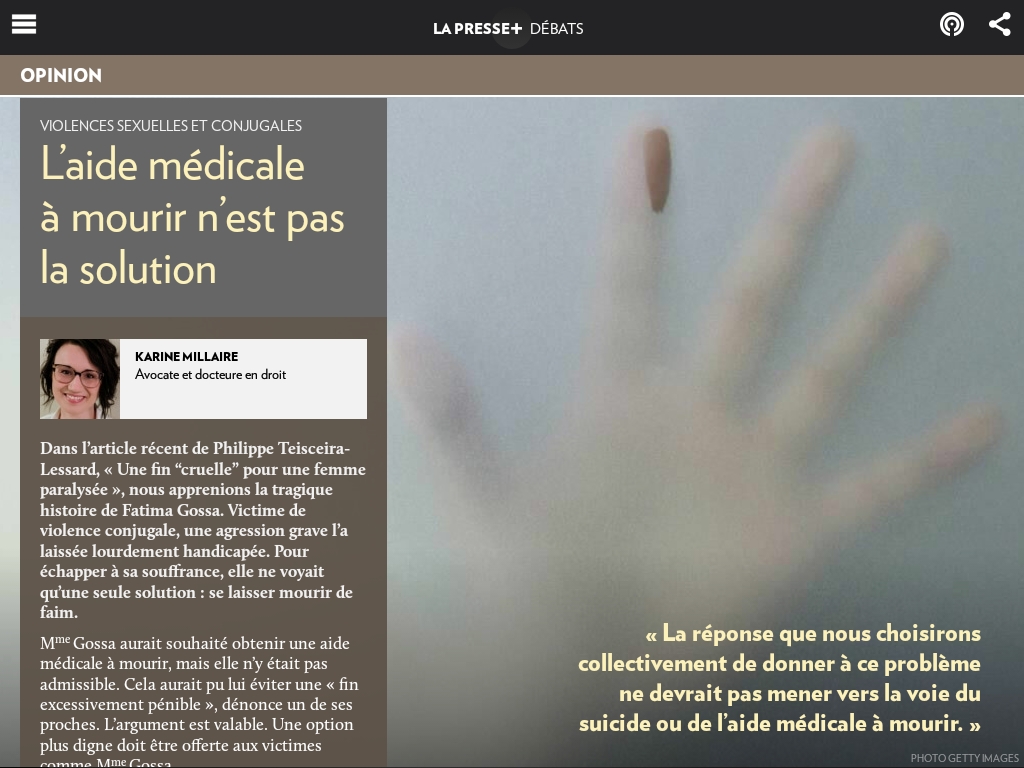
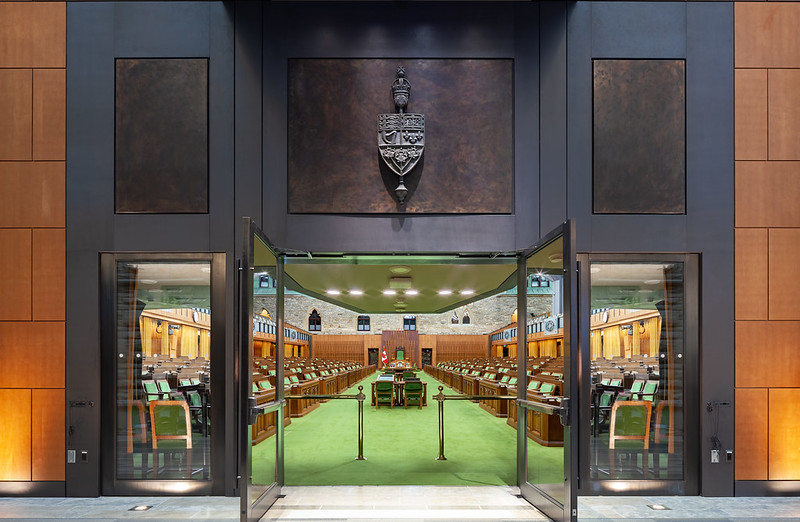
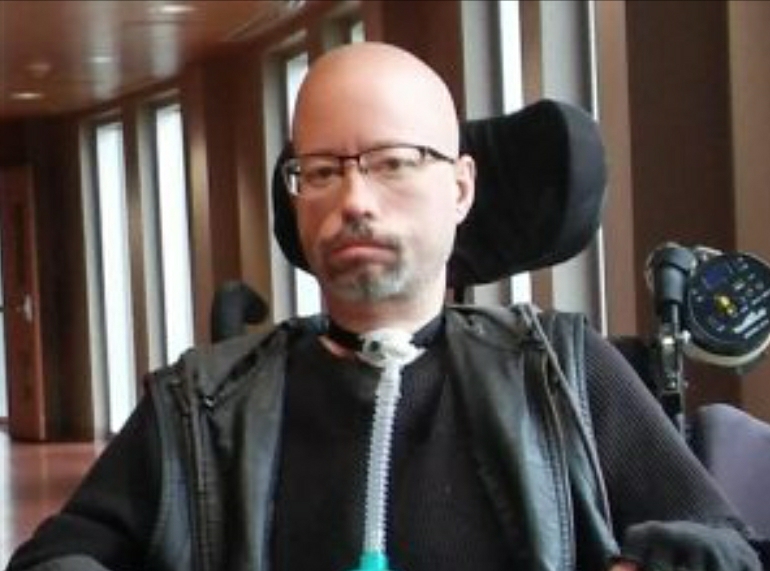
Sexual violence: MAiD is not the solution
New MAiD Act:
Federal Government Commits to Meet Deadline
Muscular dystrophy and a thirst for life at age 43
Based on the tragic story of Fatima Gossa (a victim of domestic violence who let herself starve to death), lawyer Karine Dallaire reminds us that to “protect and
promote the real autonomy and equality of people”, we must reflect on the limits
of medical aid in dying.
– Text in French –
Confirmation that Bill C-7 will return in similar form when Parliament resumes.
Rather than asking for a modification of the current end-of-life legislation,
Jonathan Marchand camped out this summer in front of the Parliament of Québec City requesting from the government the possibility of living at home instead of in a long-term facility (CHSLD). Gabriel Bisson’s editorial.
-Text in French –
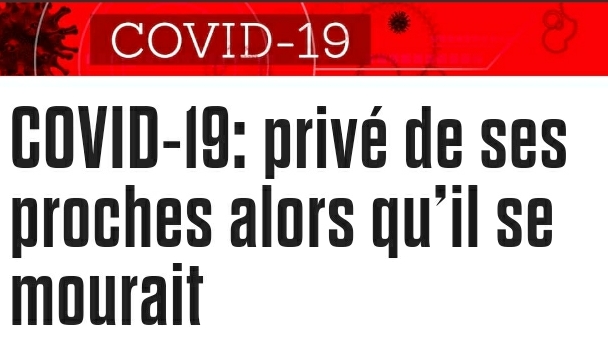

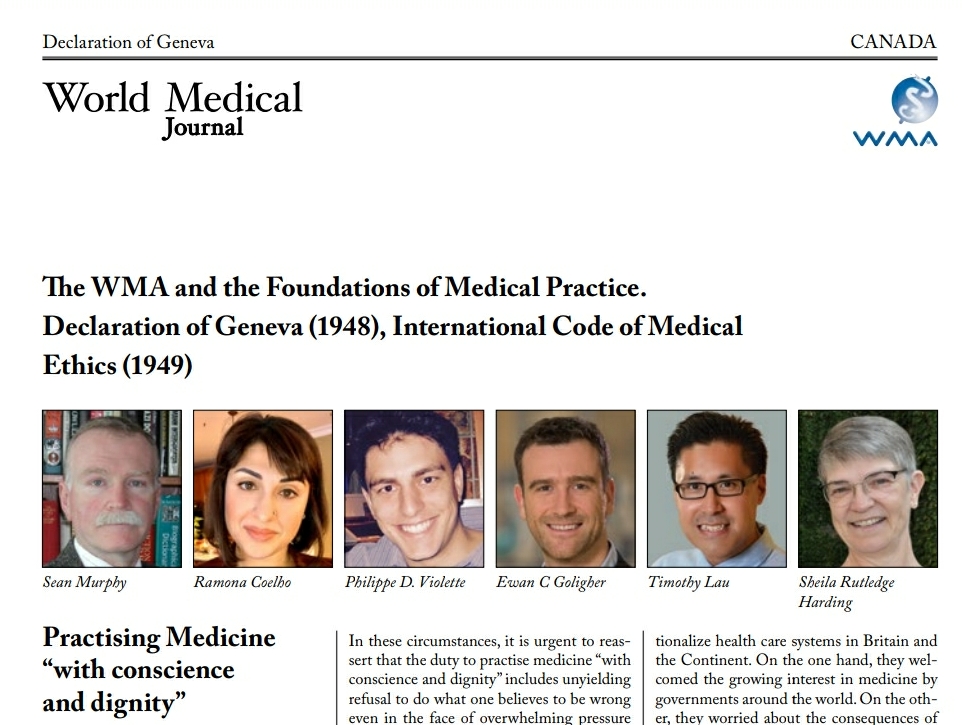
Palliative care and
Covid-19, a difficult separation from loved ones
In appeal’s court to block her husbands MAiD
The WMA and the Foundations of Medical Practice
In the Spring, many patients experienced several weeks in palliative care without
the visit of loved ones. Here is the story of a 41 year-old man, suffering from cancer, who did not want to be a burden to his loved ones.
– Text in French –
A Nova Scotia woman is trying to convince the court that her husband, who has a chronic obstructive pulmonary disease, is requesting “medical aid in dying” because of anxiety and delirium.
Practising Medicine “with conscience and dignity”, a text from the World Medical Association recalling the Declaration of Geneva (1948) and the International Code of Medical Ethics (1949), from page 4 to 10 in the August edition of the World Medical Journal.

Analysis of Health Canada’s Report on MAiD
We wish to thank Alex Schadenberg, Executive Director of the Euthanasia Prevention Coalition, for allowing us to translate into French his analysis of Health Canada’s first Annual Report on the situation of euthanasia and assisted suicide in our country. The English version is available on EPC’s website:
http://alexschadenberg.blogspot.com/2020/07/canada-euthanasia-report-indicates-261.html
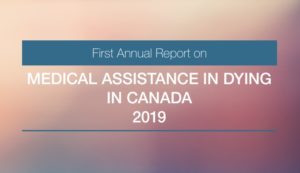

Stay with our people!
by Dr. Patrick Vinay
President, Living with Dignity
COVID 19 events have given us pause to reflect on our core values and the importance of our life-giving relationships with our close owns. Without wishing to criticize the authorities who have done their best, and to the best of their knowledge, to organize our defences during this pandemic, we need to reflect on our choices and actions in living spaces dedicated to the elderly. There was particular suffering: because of the health policies of confinement that had not foreseen the course of events, many families had to abandon their loved ones who were being cared for, while many were dying of complications from COVID. Health policies must now be developed for the future that better take into account what seniors are experiencing and their vital need for contact with their loved ones.
Our caregivers, with their masks, gowns, visors, and all reasonable precautions in place to protect themselves, acted on the priority given to caring for the sick, while accepting for themselves the risks of the pandemic. We admire their dedication and are enlightened by their testimony: their determination offered in the face of potential danger did not hold their hands. They were there. They did everything they could, and the Canadian military came to their aid with great skill. That is certainly a bright side of this pandemic. Our gratitude goes out to all of them, but that does not exempt us from thinking about the future.
Indeed, our parents who are ill or confined to long-term care centres have been deprived of visits from their loved ones in order to protect them and their immediate families, other beneficiaries, local caregivers and the entire society that revolves around these places of life. Could we have done otherwise? Even though our seniors have benefited from the work of the attendants and caregivers, they have lost that familiar and loving presence of their loved ones that changes the colour of the present. They have been condemned to solitude, to the loss of those human landmarks that are their loved ones. And they have been deprived of the privilege of being present with them, especially in the last moments of life. People at the end of life go through a profound period of identity maturation. They have a particular need for contact with their loved ones, for exchanges with them, for the explicit reformulation of their choices, in order to face the questions that arise in them. They need the comfort that comes from the love of their own. Depriving them of the dear faces at this time of great interior mobility brings forth new suffering that is very real, and also contagious in their own way. This deprives them of the desire to live and thus contributes to their fragility. And their loved ones cannot begin the normal mourning process that begins in the last moments of life with them: it is a determinant of the health of the survivors that is threatened.
Shouldn’t things be organized differently in order to better preserve the presence of loved ones with seniors by including certain significant people in the care teams and providing them with all the personal protection techniques required? This would make it possible to provide care without amputating all encounters and without suppressing the expression of a humanity that is continually maturing. We should also facilitate the accompaniment by a volunteer, by this generous stranger who gives his or her time and all his or her listening skills to create a human environment around the most lonely people.
How can these relational imperatives be reintroduced into protection practices in times of pandemic? Innovative thinking and proposals are required here. And it is up to public health to open its eyes and hands to create more inclusive contexts for these precious links. It is a matter of keeping life that continues to have its full flavour despite the adoption of precautionary measures.
To donate is... to take action!
Our organization would not exist without the support of people who share our vision of human dignity and care, as well as our mission to enhance solidarity with the vulnerable and to promote good palliative care for all. With your contribution, we can act on your behalf by advocating in person (conferences, panels), in the media (interviews, articles, press releases), and on social networks (blogs, website, Facebook, Twitter).
Thank you for your active support!
SEP
2020
